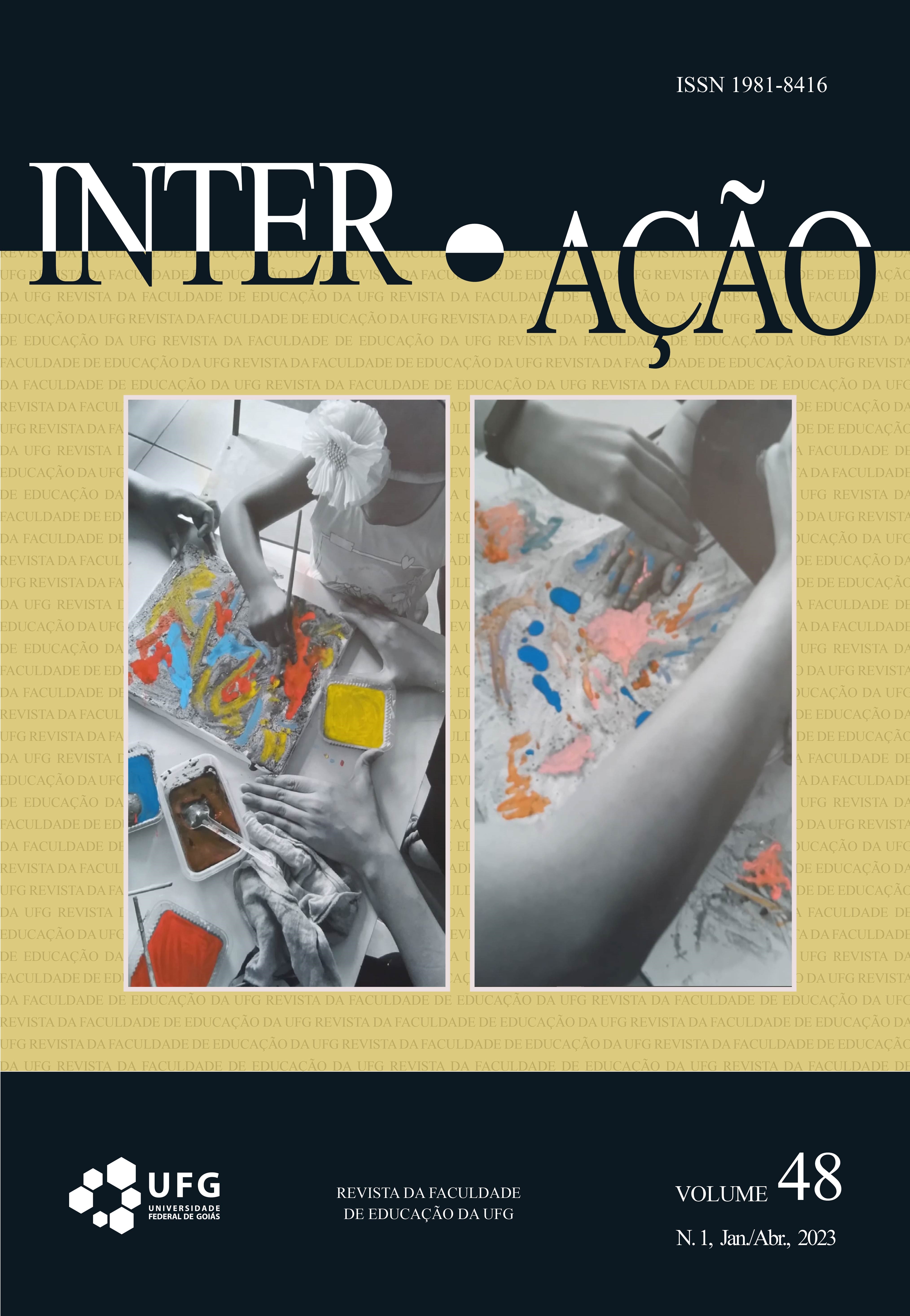SCHOOL EDUCATION IN PARAGUAI: PERSPECTIVE OF BRAZILIAN PEOPLE WHO STUDY IN PARAGUAYAN SCHOOLS
DOI:
https://doi.org/10.5216/ia.v48i1.74835Abstract
The object of the research was to find out the perspectiva of people who reside in Mato Grosso do Sul and who during the initial phases of formal education attended Paraguayan public schools, in order to understand the educational context of that country and establish possible relationships with Brazilian education. For this, they are analyzed by the Federal Constitution, the National Plan of Education and the Lei Geral da Educação do Paraguay and the Federal Constituition of 1988 and the Common National Curricular Base of Brazil. The empirical research was carried out with three people from Sul-Mato-Grossenses, between the ages of 25 and 46, who had never studied in Paraguay. It is evident that Paraguayan basic education is similar to Brazil, it does not require curricular disciplines. The main difference refers to the languages, because not Paraguay or Spanish is the first taught language, followed by Guarani, and not Brazil is the Portuguese language, followed, generally, by the English language.
KEYWORDS: Paraguayan Education; Educational Politics; Public Schools.
Downloads
Published
How to Cite
Issue
Section
License
Copyright (c) 2023 Jessie Ayumi Yamanaka, Josiane Peres Gonçalves

This work is licensed under a Creative Commons Attribution-NonCommercial 4.0 International License.
Inter-Ação uses the Creative Commons Attribution 4.0 License for Open Access Journals (Open Archives Initiative - OAI) as the basis for the transfer of rights. Open access means making documents available on the Internet free of charge, so that users can read, download, copy, distribute, print, search, or link to the full text of documents, process them for indexing, use them as input data for software programs, or use them for any other lawful purpose, without financial, legal, or technical barriers.
Authors publishing in this journal agree to the following conditions:
1) Authors retain copyright and grant the journal the right of first publication, with the work simultaneously licensed under the Creative Commons Attribution License, which permits redistribution of the work with attribution and first publication in this journal.
2) Authors are permitted to enter into additional, separate agreements for non-exclusive distribution of the version of the work published in this journal (e.g., for publication in an institutional repository or as a book chapter), with attribution and first publication in this journal.
3) Authors are permitted and encouraged to publish and distribute their work online (e.g. in institutional repositories or on their home page) at any time before or during the editorial process, as this may generate productive changes as well as increase the impact and citation of the published work.















